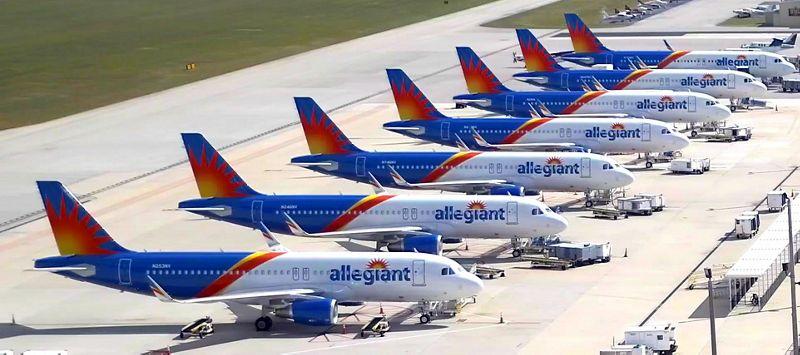
WASHINGTON—A trade group representing leisure airlines and ULCCs said the U.S. Government’s proposed “continuation of service” obligation for carriers receiving federal aid unfairly discriminates against airlines with seasonal demand profiles.
The service mandate was included as a condition for all carriers receiving financial assistance as part of the recently passed $2.2 trillion Coronavirus Aid, Relief, and Economic Security (CARES) Act.
The U.S. Transportation Department (DOT) expounded on the directive in a March 13 show cause order, stating that carriers receiving the aid will be required to maintain minimum levels of service to “all points” in their networks prior to March 1. The mandate would extend until Sept. 30.
In comments submitted to the DOT on March 31, the National Air Carrier Association (NACA) said the order would unfairly penalize low-cost and leisure carriers that provide seasonally oriented service, as it requires them to essentially continue flying their winter schedules through the peak summer season.
The trade group counts several prominent ULCCs and leisure carriers among its 17 member airlines, including Allegiant Air, Frontier Airlines, Spirit Airlines and Sun Country Airlines.
“By not taking into account the seasonality of air service provided by a large number of air carriers, including ULCCs, the obligation effectively would require carriers to maintain a schedule developed for the peak winter travel season into the spring travel season and beyond,” NACA wrote.
To ensure the mandate does not place seasonal carriers at a competitive disadvantage compared to their legacy counterparts, NACA asked the DOT to modify its order to allow airlines to propose their own April and May schedules within 10 days of receiving financial aid under the CARES Act. After reviewing those schedules, the department would then decide on how best to implement the continuation of service obligation, while taking into account each carrier’s unique seasonal demand profile.
NACA also requested that no airline be required to offer more than 3X-weekly service to any given point, with an exception for points served 25X-weekly by that carrier in the prior year. As currently written, the DOT’s order would require carriers that served any market more than five days weekly to continue offering at least one daily flight, five days per week. Points served fewer than five days weekly would only require one scheduled weekly flight.
